Film Of The Month: Little Women Is An Emotional Coming-Of-Age About Standing Up For Oneself
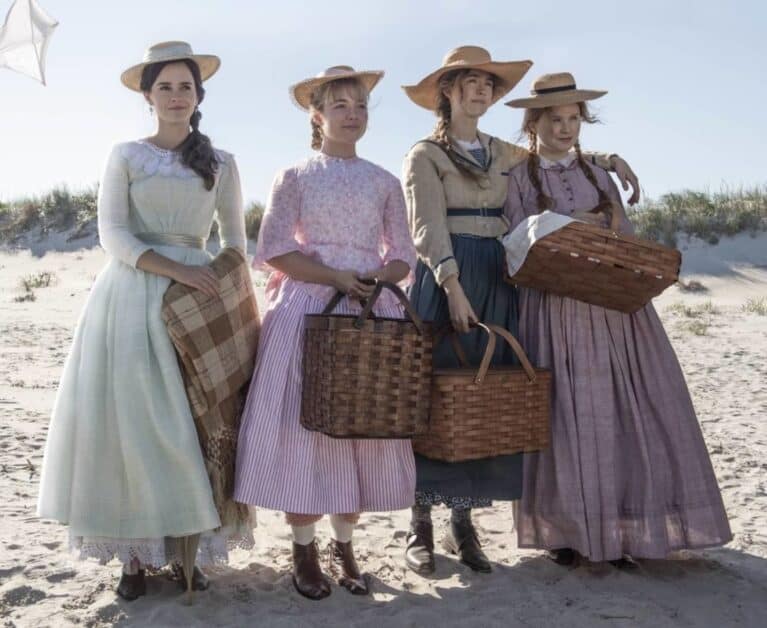
PUBLISHED July 21st, 2020 01:05 pm | UPDATED July 23rd, 2020 10:00 am
If you haven’t read Louisa May Alcott’s famous 1868 novel, then you’re in for a treat. Garnering rave reviews for her solo directorial debut in the indie coming-of-age Lady Bird, director Greta Gerwig has put her own twist on the well-loved story of the four March sisters. A tale of family, love, and finding one’s place in the world, Gerwig’s Little Women is bound to keep you rapt with attention. And it definitely differs from the 19th century literary sensation.
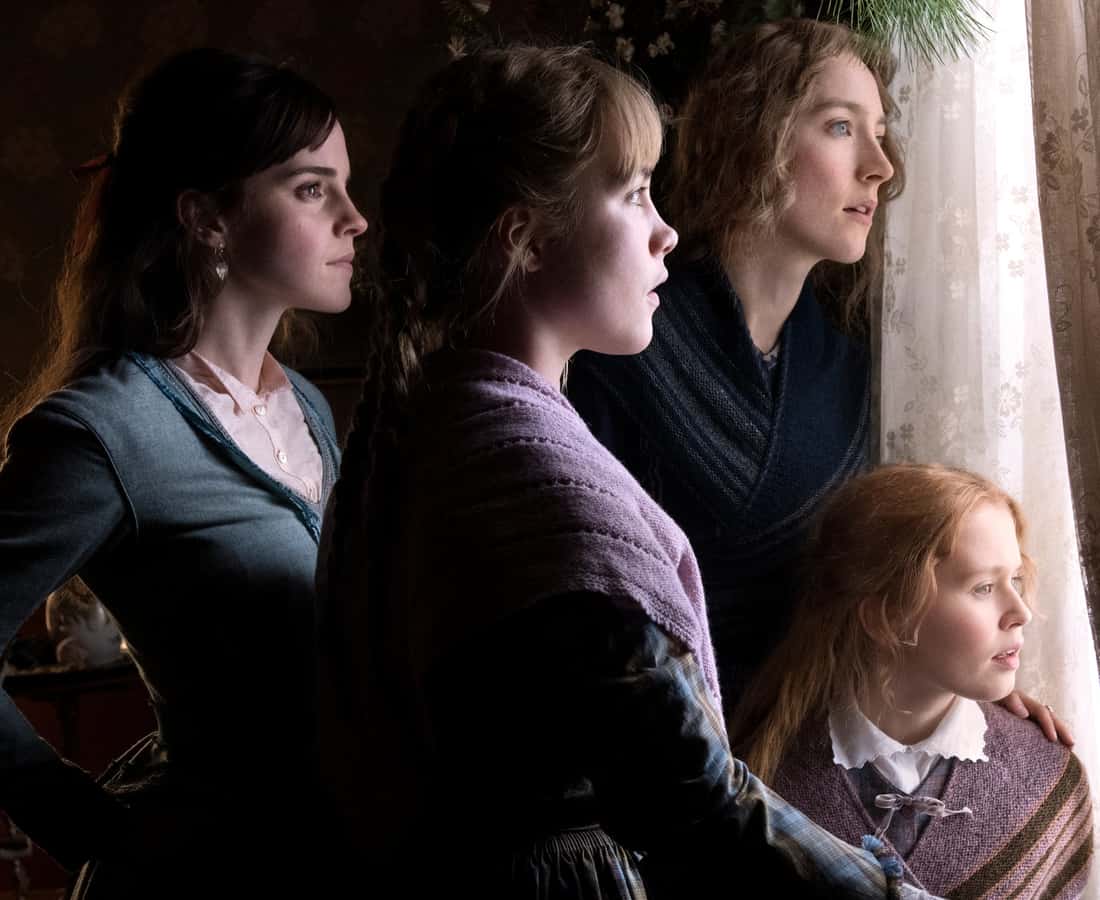
Little Women follows the story of the four March sisters – Jo, Meg, Beth, and Amy – each with their own dreams and desires. Jo fantasises of writing and selling her own stories. Meg wants a loving home and marriage. Amy dreams of a well-to-do lifestyle as she works on her art. Beth is a quiet pianist struggling against her sickness. But even as they have lofty aspirations of their own, their well-to-do aunt (played by the lovely Meryl Streep) reminds them of their familial and societal duty, marriage to someone from high society.
While plot points from the original novel are faithfully adhered to, even if you are unfamiliar with the novel, Gerwig’s expansive and imaginative power shines through, starting from her rearrangement of events. With no real introduction to the sisters, the film might seem messy as it constantly bounces back and forth from past to present, but the complexity of the movie’s structure suggests that there is nothing simple or inevitable about the sisters’ lives.
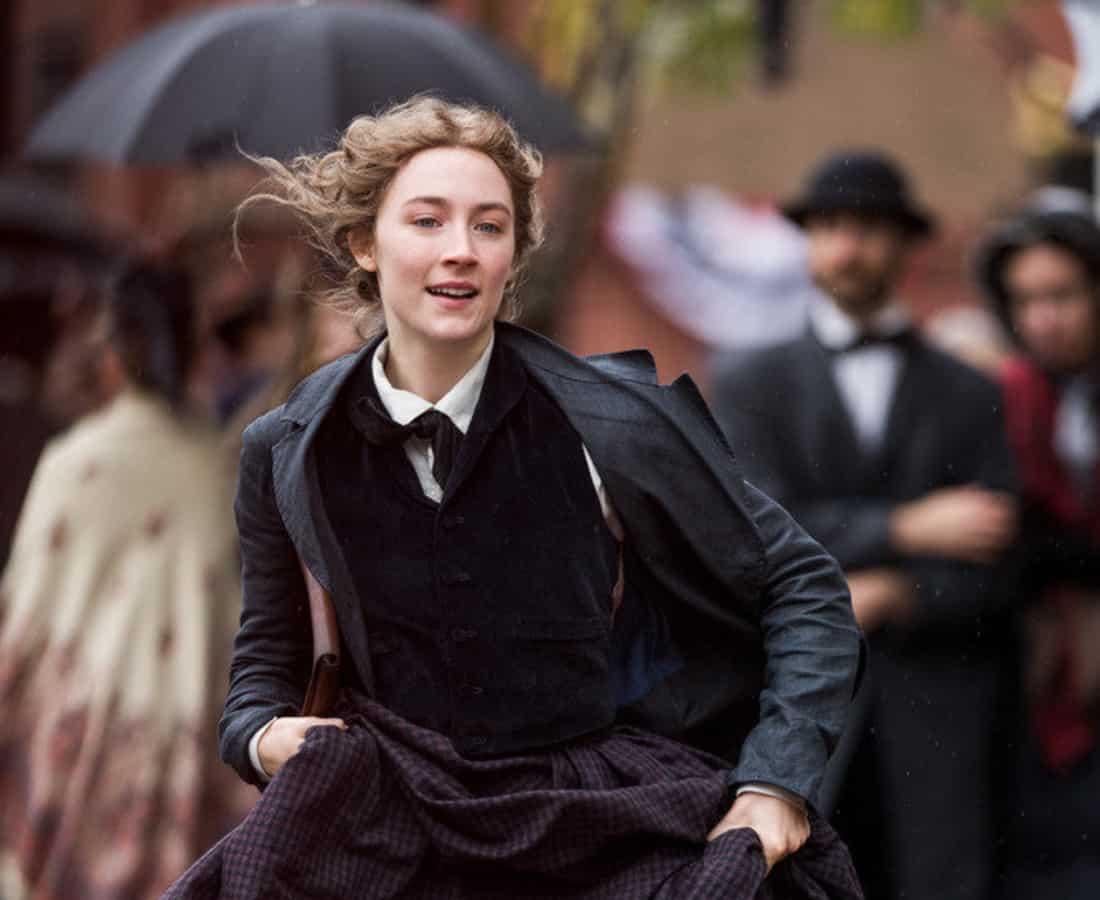
The opening scene starts with Jo March (Saoirse Ronan) selling a short story to a patronising publisher, originally in the second half of Alcott’s book. We gain an understanding of how life has changed for the March family, seeing the sisters in the innocent pursuits of childhood to facing the realities of adulthood separately, introducing a sense of nostalgia. The editing is beautifully seamless, similar sequences taking place in different timelines bleeding into each other – conversations while walking in the snow, playing together at the beach. Gerwig manages to emphasise this through playing with tones, the past tinted with radiant red and yellows contrasted with the pale blues of the present.
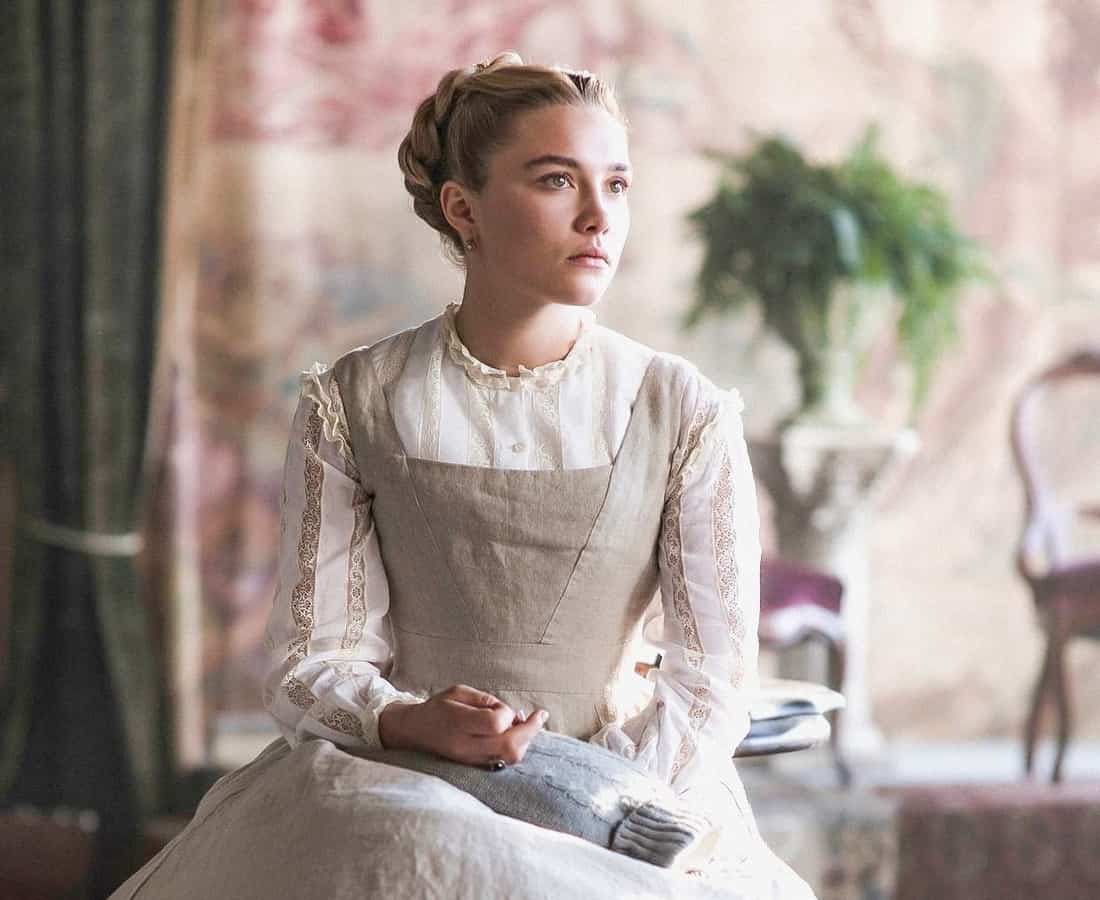
In a way, the film focuses more on the coming-of-age of the sisters rather than individual moments in the novel: the importance of fighting for oneself, growing up from childhood, and small steps towards female independence in a society geared towards men. These themes are perfectly encapsulated in two particular scenes, first when Amy tells off Theodore Laurence (Timothee Chalamet) as he criticises her for aiming to marry rich, and when Jo makes a passionate speech to her mother about the boxes women are put into.
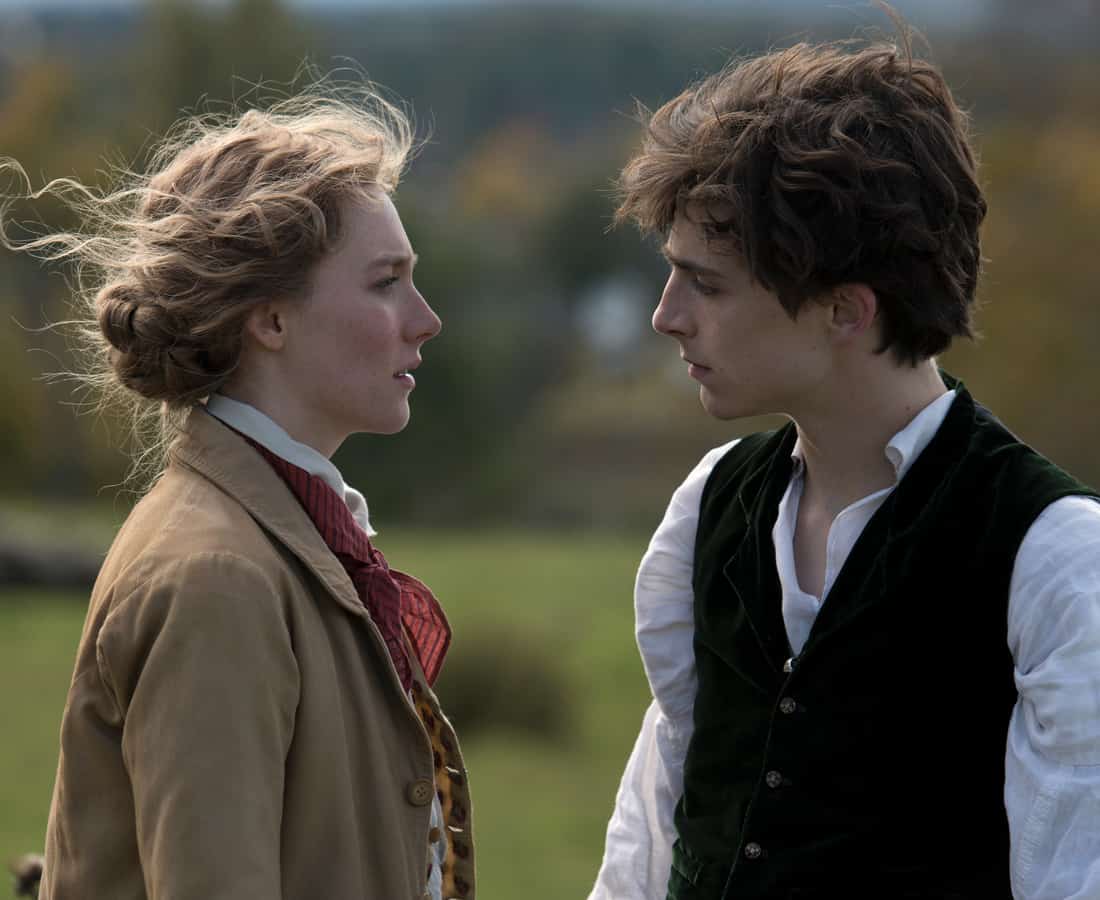
Little Women could have easily been brushed off as yet another remake of Alcott’s novel. But with Gerwig’s masterful directing, it transforms into an impactful film about the stories and experiences of young girls struggling with their emotions as they transition to adult life. We laugh and cry along with the March sisters as despite their different dreams, they each come into their own by the end of the film. Perhaps, the film resonates as much as it does, for like the four little women, we look back fondly at the hope we all had as we entered the cusp of adulthood, and it is a reminder to keep on hoping and dreaming for our own futures.
Catch Little Women on Netflix.


